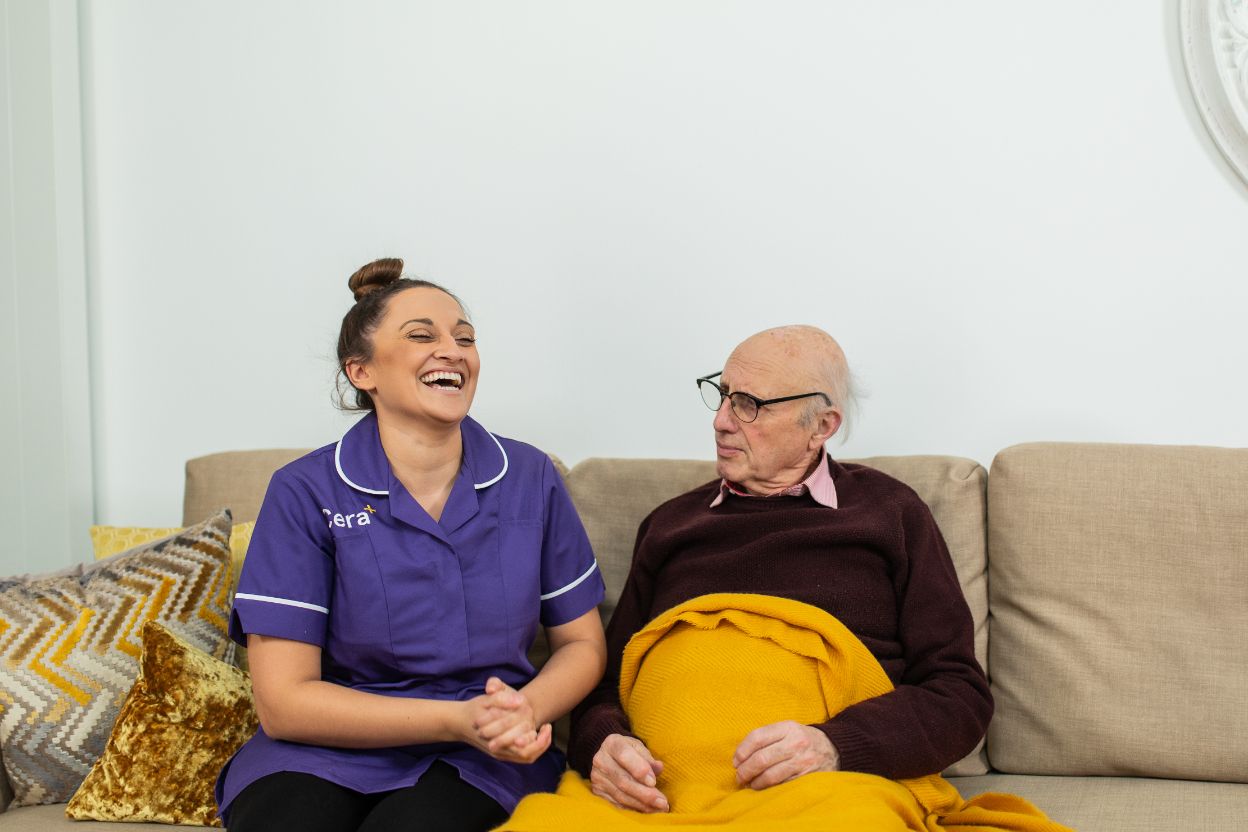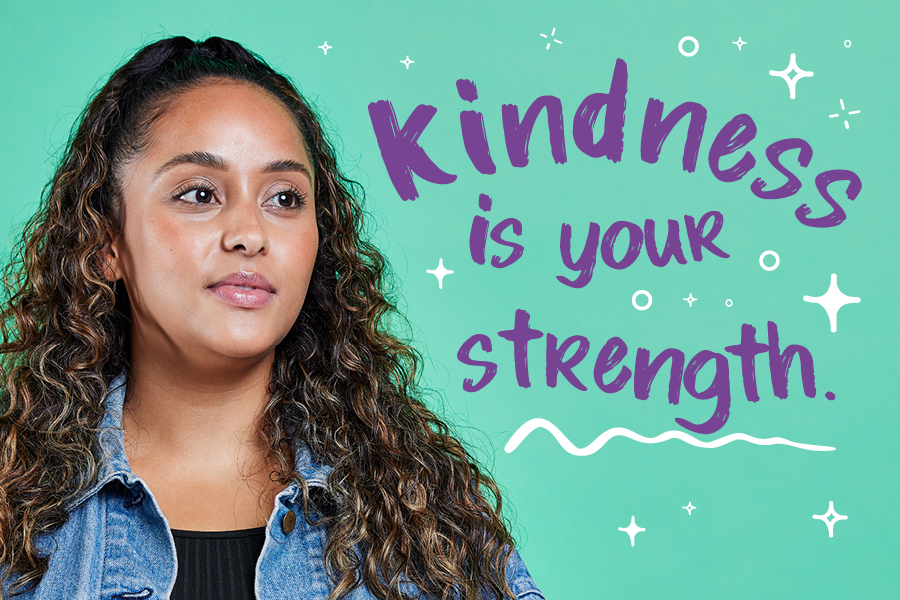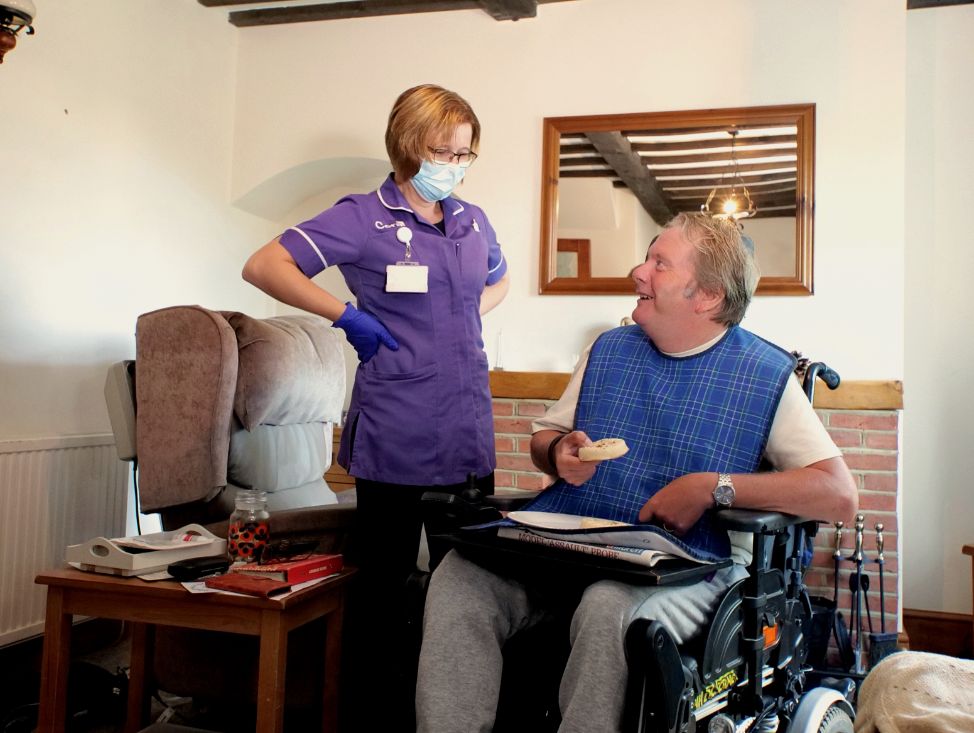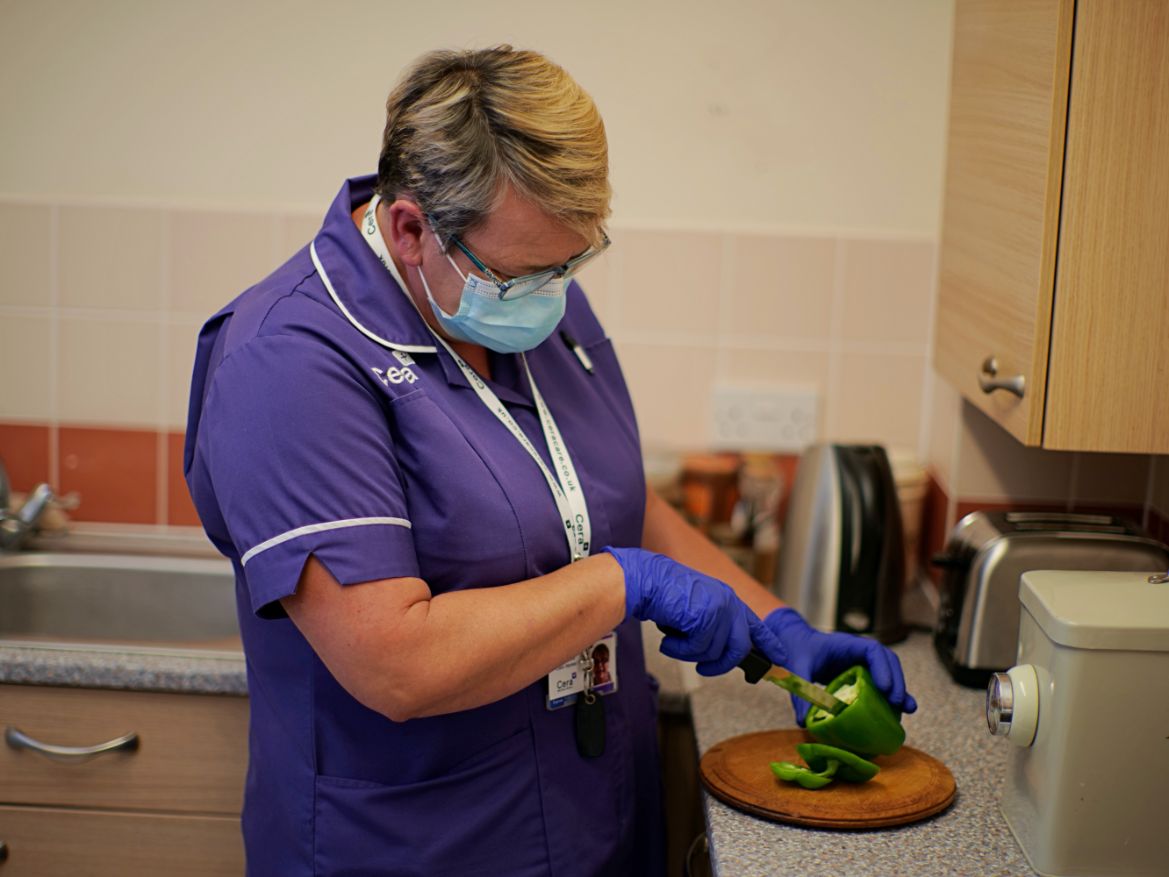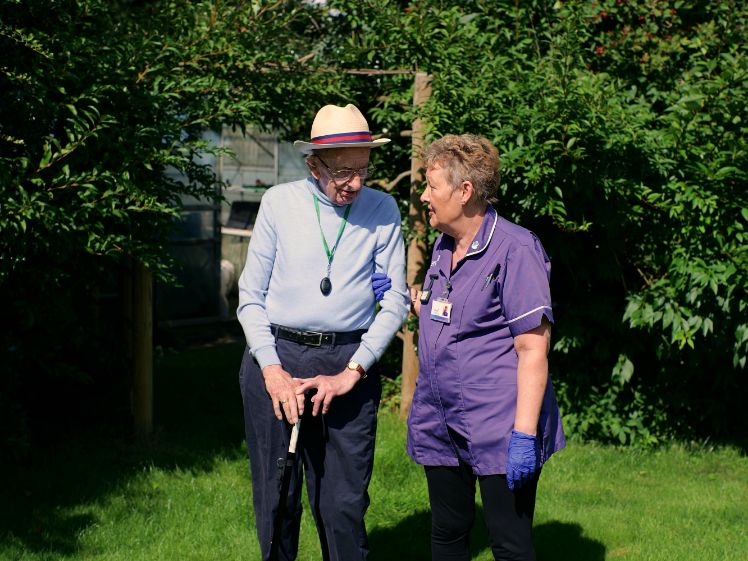What makes a good Care Assistant?
So, you’re looking at a career in care but wondering what it takes to be successful? We’ve put together a list of the top skills that will help you be a good Care Assistant.
If you love what you do, your career can be so much more than just a job.
Be Caring
First and foremost, to be a Care Assistant, you need to be caring! This may sound obvious, but it’s not necessarily in everyone's nature to put someone else before yourself. Having said this, you can learn and develop the skill if it’s something you are truly passionate about.
Being caring to a family member may come easily to you. But when it comes to a new service user, you’ll also need to treat them in the same way you would like to be treated.
Be Positive
A good Care Assistant will have a positive energy about them. They will walk into a room with a smile on their face and radiate a can-do attitude.
A positive attitude will help put your service users at ease - as well as helping you, the carer, feel more confident in what you are doing.
Be Empathetic
Empathy is a crucial skill to have when it comes to being a good Care Assistant. Are you able to understand and share the feelings of another person? This is hugely important in the social care industry.
You may find that your service users cannot carry out tasks with the same ease they once did, so you’ll need to help them through at their own pace.
Being patient and empathetic will help your service users relax - and ultimately build trust in how you work. Take time with them and remember that everyone will have different limitations. If you struggle to understand how your service user feels at a particular moment, don’t be afraid to ask them questions.
Be Observant
Recognising your service user’s emotions and moods will mean you can notice any kinds of deterioration which can be passed on to the appropriate people.
Being observant through the likes of conversation, finding out their likes and dislikes can help you build a relationship with those you see. This can make your job a lot more personable and rewarding. So, enjoy conversations and show a keen interest in what they have to say. Remember, you might be the only person they see for that whole day - make it count!
Have a strong stomach
There likely will be moments within your working day where you need to rely on a strong stomach. As long as you can remain calm and professional (and occasionally breathe through your mouth and not your nose!), you’ll manage this with no problem. The most important thing is that our service users maintain their dignity, and this not so nice part of the job will become second nature in no time.
Be Flexible
Being flexible and able to adapt as a Care Assistant will be beneficial to your working life. You may find that your hours differ each week, and your role may require you to pick up shifts with little notice. This means caring can tend to fit more around your lifestyle than you fitting it into yours!
You may also need to be flexible during your care visits. Each service user you see will have different needs and may require different levels of assistance.



